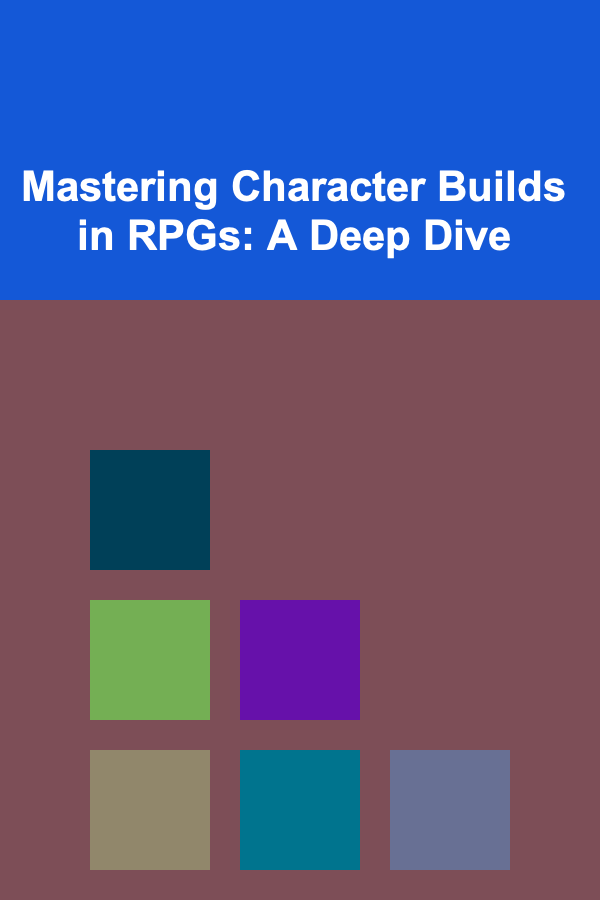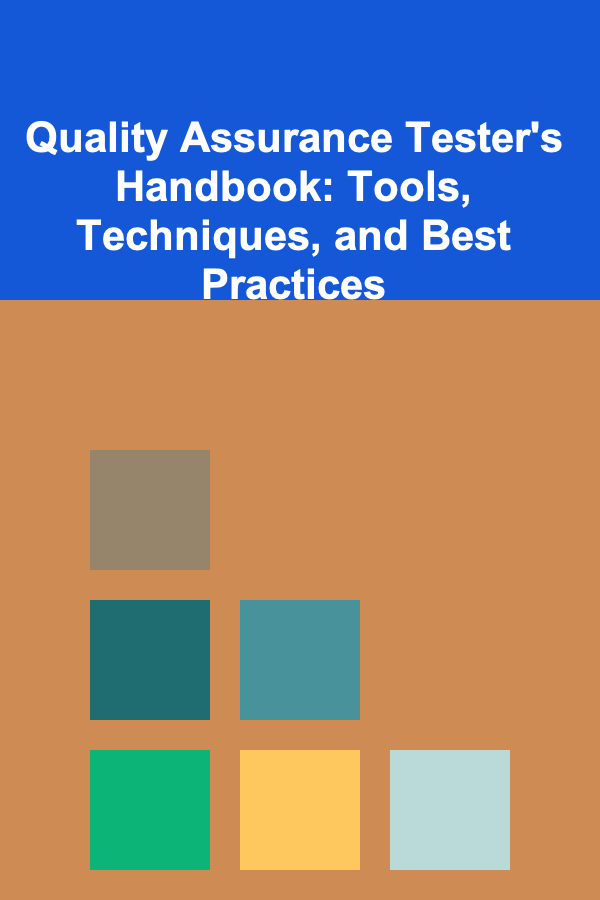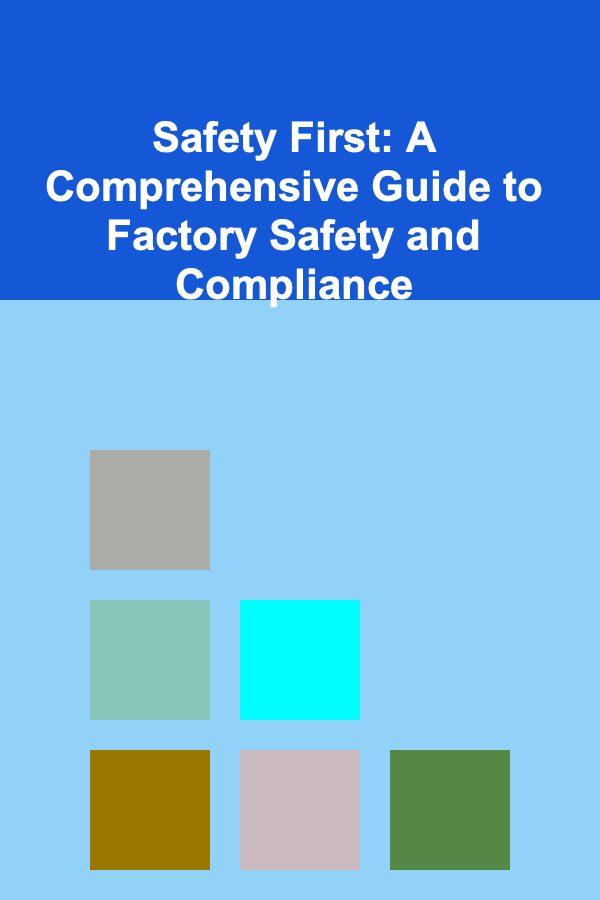
Mastering Character Builds in RPGs: A Deep Dive
ebook include PDF & Audio bundle (Micro Guide)
$12.99$11.99
Limited Time Offer! Order within the next:

Role-playing games (RPGs) offer a unique and engaging form of entertainment. At their core lies the creation and development of a character, a digital avatar that players mold to their liking and guide through fantastic worlds. The process of creating a powerful and satisfying character, often referred to as "character building," is a crucial aspect of the RPG experience. A well-designed character build can lead to a more rewarding and immersive game, while a poorly conceived one can result in frustration and ultimately detract from the enjoyment. This article delves into the art of mastering character builds in RPGs, providing a comprehensive guide to understanding the underlying principles, strategies, and nuances involved.
Understanding the Fundamentals of Character Building
Before diving into specific builds or strategies, it's essential to grasp the fundamental elements that define character building in RPGs. These elements vary from game to game but generally include the following:
- Stats and Attributes: These are the core numerical values that represent a character's inherent capabilities. Strength, dexterity, intelligence, charisma, and constitution are common examples. These stats directly influence combat prowess, skill proficiency, and interactions with the game world. Understanding how these stats interact and which ones are most important for your intended build is crucial.
- Skills and Abilities: Skills represent a character's learned proficiencies, such as weapon mastery, lockpicking, or persuasion. Abilities are often special powers or spells that grant unique advantages in combat or exploration. These can be active, requiring player input to activate, or passive, providing constant benefits. Choosing the right skills and abilities is key to defining your character's role and playstyle.
- Class or Archetype: Many RPGs utilize a class system, providing a pre-defined framework for character development. Classes like warriors, mages, rogues, and clerics offer specific strengths, weaknesses, and progression paths. Even in classless systems, characters often gravitate towards specific archetypes based on their stat and skill choices.
- Equipment and Gear: Weapons, armor, and accessories play a significant role in enhancing a character's stats and abilities. Finding the right equipment is often a core gameplay loop in RPGs. Understanding the properties of different gear types and how they synergize with your build is essential for maximizing effectiveness.
- Leveling and Progression: As characters gain experience, they level up, allowing them to improve their stats, learn new skills, and acquire better equipment. The pacing and structure of the leveling system can significantly impact the overall character building experience.
- Character Specialization & Multi-classing: Some RPGs allow further specialization within a class, leading to more focused and powerful builds. Other games allow for multi-classing, combining different classes to create hybrid builds with unique advantages.
Beyond these concrete elements, understanding the game's mechanics is paramount. This includes knowing the damage formulas, enemy resistances, and how different status effects work. This knowledge allows you to make informed decisions about character development.
Analyzing Game Systems: The Foundation of Effective Builds
Before embarking on any specific build, a thorough analysis of the game system is absolutely vital. Understanding the underlying rules, mechanics, and interactions is the key to unlocking the potential of your character. Consider the following aspects:
- Stat Scaling: How do stats affect damage, defense, and other crucial aspects of gameplay? Is there a diminishing returns effect, where increasing a stat beyond a certain point provides less benefit? Identify the key stats that provide the most significant impact for your desired playstyle.
- Damage Types and Resistances: What types of damage are present in the game (e.g., physical, fire, ice, lightning)? What are the common enemy resistances? Diversifying your damage output or specializing in a specific damage type can be crucial for overcoming challenging encounters.
- Status Effects: Understand the effects of status ailments like poison, paralysis, stun, and bleed. Some builds may focus on inflicting these effects on enemies, while others may prioritize immunity to them.
- Combat Mechanics: Is combat turn-based, real-time, or a hybrid of both? Does positioning matter? Are there specific combat maneuvers or techniques that can be exploited? Adapting your build to the combat mechanics is essential for maximizing your effectiveness.
- Skill Synergies: Do certain skills or abilities synergize with each other, creating powerful combinations? Identifying these synergies can lead to incredibly effective and devastating builds.
- Gear Properties: What kind of bonuses do different pieces of equipment provide? Are there set bonuses for equipping multiple items from the same set? Understanding gear properties is critical to optimizing your character's stats and abilities.
- Enemy AI: How do enemies behave in combat? Do they prioritize certain targets? Do they have specific weaknesses or vulnerabilities? Understanding enemy AI can help you develop strategies for exploiting their behavior.
The best way to understand a game system is through experimentation and research. Play the game, read guides and forums, and analyze the character builds of experienced players. Don't be afraid to try different things and see what works. The more you understand the game, the better equipped you'll be to create effective and satisfying character builds.
Defining Your Playstyle: The Heart of Character Creation
Before you even begin allocating stat points or choosing skills, it's crucial to define your desired playstyle. What kind of character do you want to play? Do you want to be a powerful warrior who charges into battle, a cunning rogue who strikes from the shadows, or a wise mage who controls the elements? Your playstyle should inform every decision you make during character creation.
Consider the following questions when defining your playstyle:
- What is my primary role in combat? Do I want to be a tank, a damage dealer, a support character, or a crowd controller?
- What type of damage do I want to specialize in? Physical, magical, elemental, or a combination of different types?
- What is my preferred combat range? Melee, ranged, or a mix of both?
- What is my preferred pace of combat? Aggressive and fast-paced, or methodical and strategic?
- How important is exploration and puzzle-solving to me? Do I want to be able to pick locks, disarm traps, and decipher ancient texts?
- How important is social interaction to me? Do I want to be able to persuade, intimidate, or deceive NPCs?
Once you have a clear understanding of your desired playstyle, you can begin to make informed decisions about your character's stats, skills, and equipment. Your playstyle will act as a guiding principle, ensuring that every choice you make contributes to a cohesive and effective character build.
Building a Synergistic Skill Set: The Power of Combination
Skills and abilities are the building blocks of any character build. Choosing the right skills and abilities and understanding how they synergize with each other is crucial for creating a powerful and effective character. Synergy occurs when different skills or abilities complement each other, creating a combined effect that is greater than the sum of their individual effects.
Here are some examples of skill synergies:
- Damage over Time (DOT) and Debuffs: Skills that inflict poison, bleed, or other DOT effects can be combined with skills that increase damage taken by enemies or reduce their resistances. This can significantly amplify the overall damage output.
- Crowd Control and Area of Effect (AOE): Skills that stun, freeze, or knock down enemies can be combined with AOE attacks to deal massive damage to groups of enemies.
- Buffs and Offensive Skills: Skills that increase attack speed, damage, or critical hit chance can be combined with offensive skills to significantly increase damage output.
- Defensive Skills and Healing: Skills that provide damage reduction, block chance, or evasion can be combined with healing skills to create a durable and self-sufficient character.
- Mobility and Positioning: Skills that allow you to quickly move around the battlefield can be combined with skills that require specific positioning to maximize their effectiveness.
When choosing skills, look for abilities that complement each other and amplify your character's strengths. Don't just choose the most powerful skills in isolation; consider how they work together to create a cohesive and effective skill set. Read skill descriptions carefully and experiment with different combinations to discover hidden synergies. For example, a warrior build might combine a skill that increases critical hit chance with a skill that deals bonus damage on critical hits, creating a devastating combination.
Optimizing Stats and Attributes: The Key to Power
Stats and attributes are the foundation of your character's abilities. Understanding how these stats affect your character's performance and how to optimize them for your desired playstyle is crucial for creating a powerful and effective character. Different builds will require different stat priorities. A warrior might prioritize strength and constitution, while a mage might prioritize intelligence and mana. However, there are some general principles to keep in mind when optimizing your stats.
- Identify Key Stats: Determine which stats are most important for your desired playstyle. These are the stats that you should focus on maximizing.
- Consider Stat Synergies: Some stats may synergize with each other, providing additional benefits when increased together. For example, dexterity might increase both attack speed and evasion, making it a valuable stat for both damage dealers and tanks.
- Avoid Wasted Stats: Don't invest points in stats that don't benefit your build. Every stat point should contribute to your character's overall effectiveness.
- Balance Offense and Defense: Don't focus solely on offense or defense. A well-rounded character should be able to deal damage and withstand attacks.
- Consider Utility Stats: Don't overlook utility stats like charisma, luck, or perception. These stats can provide valuable benefits outside of combat, such as increased dialogue options or improved loot drops.
- Understand Stat Caps: Some games have stat caps, limiting the maximum value that a stat can reach. Be aware of these caps and avoid investing points in a stat beyond its maximum value.
Pay close attention to stat scaling. Some stats may provide diminishing returns beyond a certain point, meaning that each additional point invested provides less benefit than the previous point. In these cases, it may be more efficient to invest points in other stats that provide greater returns. For example, in some games, critical hit chance may have diminishing returns, making it more effective to invest in critical hit damage instead.
Gear and Equipment: The Final Polish
Gear and equipment play a crucial role in enhancing your character's stats and abilities. Finding the right gear is often a core gameplay loop in RPGs, and understanding the properties of different gear types is essential for optimizing your character build. The best gear is not always the gear with the highest stats. It's the gear that synergizes best with your build and complements your strengths.
When choosing gear, consider the following factors:
- Stat Bonuses: Look for gear that provides bonuses to your key stats.
- Skill Modifiers: Some gear may modify the effects of your skills, increasing their damage, range, or duration.
- Resistances: Equip gear that provides resistances to common damage types.
- Set Bonuses: If possible, equip multiple items from the same set to gain additional bonuses.
- Unique Properties: Some gear may have unique properties that can significantly enhance your build.
- Adaptability: Consider having different sets of gear for different situations. A set focused on single-target damage for bosses, and a set focused on area-of-effect for groups of enemies.
Pay attention to the affixes and enchantments on your gear. Affixes are random modifiers that can provide a wide range of bonuses. Enchantments are permanent upgrades that can be added to gear to further enhance its properties. Experiment with different affixes and enchantments to find the perfect combination for your build. Read the item descriptions carefully. Some items may have hidden properties or drawbacks that are not immediately apparent. Don't be afraid to experiment with different gear combinations. You may discover unexpected synergies that can significantly enhance your build.
Adaptability and Iteration: The Key to Long-Term Success
No character build is perfect from the start. As you progress through the game, you may encounter new challenges, enemies, and gear that require you to adapt and iterate on your build. Don't be afraid to make changes to your build as needed. The ability to adapt and iterate is the key to long-term success in RPGs. Experiment with different skills, stats, and equipment to find what works best for you. Don't be afraid to respec your character if necessary. Many RPGs allow you to reallocate your stat points and skills, allowing you to completely change your build if you're not satisfied with its performance.
Pay attention to community feedback. Read guides, forums, and wikis to learn about different character builds and strategies. Share your own experiences and ideas with the community. The RPG community is a valuable resource for learning and improving your character building skills.
Examples of Powerful Character Builds (General Concepts)
While providing specific builds for every RPG is impossible, here are some general examples of powerful character build concepts applicable across many games:
- The "Glass Cannon": High damage output, low survivability. Relies on killing enemies quickly before they can inflict significant damage. Requires careful positioning and awareness. Often utilizes ranged attacks or burst damage.
- The "Tank": High survivability, moderate damage output. Focuses on drawing enemy aggro and soaking up damage, protecting weaker party members. Relies on high armor, health, and defensive skills.
- The "Healer/Support": Low damage output, high utility. Focuses on healing allies, buffing their stats, and debuffing enemies. Relies on powerful healing spells and support abilities.
- The "Crowd Control Specialist": Moderate damage output, high utility. Focuses on stunning, freezing, or otherwise incapacitating enemies. Relies on skills that inflict status effects and control the battlefield.
- The "Damage Over Time (DOT) Master": Moderate damage output, high sustained damage. Focuses on inflicting poison, bleed, or other DOT effects on enemies. Relies on skills that stack DOT effects and amplify their damage.
- The "Summoner": Moderate damage output, high utility. Relies on summoning creatures to fight alongside them. Can adapt to various situations by summoning different types of creatures.
- The "Stealth Assassin": High burst damage, high mobility. Relies on stealth to sneak up on enemies and deliver devastating attacks. Often utilizes skills that increase critical hit chance and damage.
The Importance of Fun and Enjoyment
Ultimately, the most important aspect of character building is to have fun and enjoy the process. Don't get too caught up in min-maxing and optimizing your build to the point where you're no longer enjoying the game. Experiment with different builds, try new things, and find what works best for you. Remember that RPGs are meant to be a form of entertainment, so make sure you're having fun!
By following these guidelines and principles, you'll be well on your way to mastering character builds in RPGs and creating powerful and satisfying characters that can conquer any challenge. Happy gaming!

How to Make Money Online as a Website Flipper: 10 Actionable Ideas
Read More
How to Stage Your Home's Curb Appeal for a Strong First Impression
Read More
How to Use Robo-Advisors for Easy Investment Management
Read More
Quality Assurance Tester's Handbook: Tools, Techniques, and Best Practices
Read More
Safety First: A Comprehensive Guide to Factory Safety and Compliance
Read More
How to Budget for a Sporting Event Weekend: A Comprehensive Guide
Read MoreOther Products

How to Make Money Online as a Website Flipper: 10 Actionable Ideas
Read More
How to Stage Your Home's Curb Appeal for a Strong First Impression
Read More
How to Use Robo-Advisors for Easy Investment Management
Read More
Quality Assurance Tester's Handbook: Tools, Techniques, and Best Practices
Read More
Safety First: A Comprehensive Guide to Factory Safety and Compliance
Read More